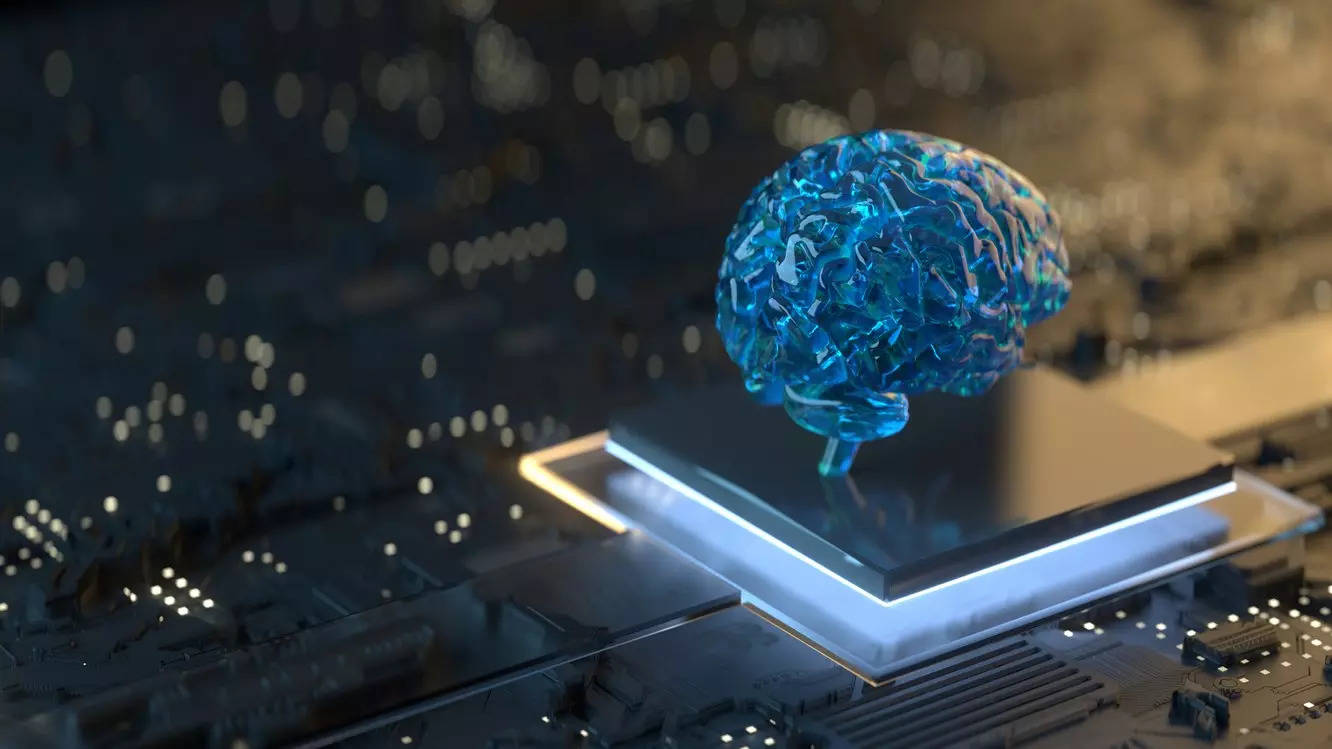The Indian Institute of Technology, Mandi, has announced that they are working on an innovative room-temperature quantum computer that will use photons for faster computations. The computer, which is part of the National Quantum Mission, will have the unique ability to analyse data and propose solutions with 86 per cent accuracy without using conventional algorithms, they claimed.
Quantum computing is a cutting-edge technology that exploits the principles of quantum mechanics to tackle problems that are too difficult for classical computers.
“Our project is to build a room-temperature optical quantum computer that can instantly solve feature learning and classification problems.
“Our computer will have a sophisticated user interface, quantum simulator and quantum processing capabilities, and will function as a graphics processor (GPU) rather than a CPU, smoothly processing inputs such as videos or pictures,” C S Yadav, the head of the Center for Quantum Science and Technologies (CQST) at IIT-Mandi, said.
He said that the computer will generate a model to reveal the hidden dynamics in the input data and provide output as quantum live feed.
“Creating a quantum algorithm is challenging. However, our computer will emulate the curious mind of a scientist, quickly offering an approximate theoretical model for unknown big data with an 86 per cent accuracy, all without depending on algorithms,” Yadav told PTI.
Yadav said that quantum computing is a hot topic and that companies like Google and IBM have created their own quantum computers.
“For example, those companies are making a quantum computer that is based on a superconducting Josephson junction qubit. To do that quantum computing, you will need a very very low temperature. So, our goal is to make a photon-based quantum computer at room temperature,” he said.
A Josephson junction is a device that gives the non-linearity required to turn a superconducting circuit into a qubit.
“Our goal is to increase the capacity of the quantum computing system from 16 to 1,024 concurrent tasks. To do this, we are working on three key components: a source of single photons, a detector of single-photon phase, and a counter of coincidences. These components are essential for quantum computers and will be made with high standards of quality and performance,” he said.
IIT-Mandi Director Laxmidhar Behera said that CQST is progressing rapidly in quantum computing technology and is ready to transform various domains.
“Through the National Quantum Mission, we are creating novel solutions that improve feature learning and classification in fields such as genetics, astrophysics, finance, and weather forecasting. We have carefully chosen the three immediate products that will help us build quantum computers,” he said.
“By partnering with startups and creating a strong supply chain, we aim to produce these components locally, cutting down on imports and saving costs for the government. This approach not only encourages domestic innovation but also enables wider involvement in the Quantum revolution, in line with the goals of the National Quantum Mission,” Behera concluded.
Quantum computing is a cutting-edge technology that exploits the principles of quantum mechanics to tackle problems that are too difficult for classical computers.
“Our project is to build a room-temperature optical quantum computer that can instantly solve feature learning and classification problems.
“Our computer will have a sophisticated user interface, quantum simulator and quantum processing capabilities, and will function as a graphics processor (GPU) rather than a CPU, smoothly processing inputs such as videos or pictures,” C S Yadav, the head of the Center for Quantum Science and Technologies (CQST) at IIT-Mandi, said.
He said that the computer will generate a model to reveal the hidden dynamics in the input data and provide output as quantum live feed.
“Creating a quantum algorithm is challenging. However, our computer will emulate the curious mind of a scientist, quickly offering an approximate theoretical model for unknown big data with an 86 per cent accuracy, all without depending on algorithms,” Yadav told PTI.
Yadav said that quantum computing is a hot topic and that companies like Google and IBM have created their own quantum computers.
“For example, those companies are making a quantum computer that is based on a superconducting Josephson junction qubit. To do that quantum computing, you will need a very very low temperature. So, our goal is to make a photon-based quantum computer at room temperature,” he said.
A Josephson junction is a device that gives the non-linearity required to turn a superconducting circuit into a qubit.
“Our goal is to increase the capacity of the quantum computing system from 16 to 1,024 concurrent tasks. To do this, we are working on three key components: a source of single photons, a detector of single-photon phase, and a counter of coincidences. These components are essential for quantum computers and will be made with high standards of quality and performance,” he said.
IIT-Mandi Director Laxmidhar Behera said that CQST is progressing rapidly in quantum computing technology and is ready to transform various domains.
“Through the National Quantum Mission, we are creating novel solutions that improve feature learning and classification in fields such as genetics, astrophysics, finance, and weather forecasting. We have carefully chosen the three immediate products that will help us build quantum computers,” he said.
“By partnering with startups and creating a strong supply chain, we aim to produce these components locally, cutting down on imports and saving costs for the government. This approach not only encourages domestic innovation but also enables wider involvement in the Quantum revolution, in line with the goals of the National Quantum Mission,” Behera concluded.
